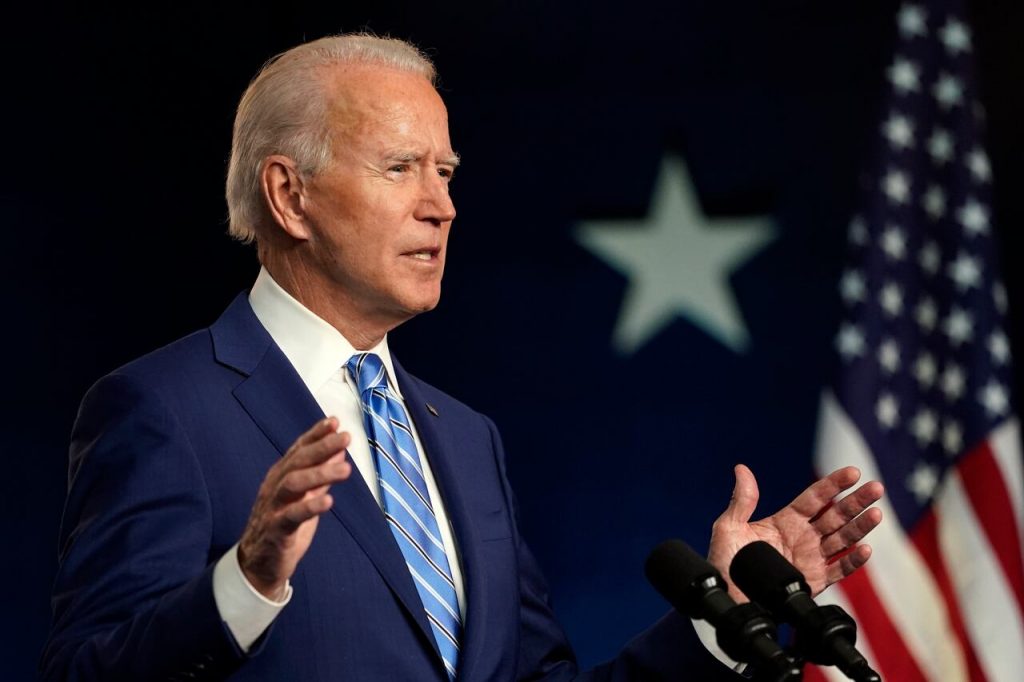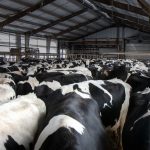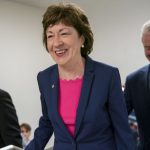
Tai made clear the intention to maintain several policies from the previous administration, including keeping hold of tariffs and zeroing in on enforcement. The stated difference in the new approach is to simultaneously build out more collaborative efforts with our allies.
This all sounded fine. But when pressed on whether the U.S. will move toward engaging in comprehensive trade negotiations, whether through a China Phase 2 agreement or with other partners, disappointingly there was no firm commitment. This has been reiterated time and again through the administration’s actions with trading partners over the past several months. Most recently, the administration has been engaging with partners throughout the Indo-Pacific region, structuring what has been touted as an “economic framework.” While that might appear to be an approach to re-engage with our former Trans-Pacific Partnership partners, it has been made clear that the end goal is not a trade deal.
This is disheartening, to say the least, for the U.S. dairy industry and farmers like me who are hoping for sustainable farm businesses that survive and thrive long-term for our families. Engagement in the global market has long been recognized as key for the health and vitality of our industry and rural communities. According to the U.S. Department of Agriculture, each dollar of exports stimulates another $1.14 in economic activity. In 2020, Wisconsin alone exported more than $490 million worth of dairy products, contributing another $560 million in economic activity across the U.S.
But this isn’t just about dollars and cents. Good, comprehensive trade deals make markets fairer and more competitive. For U.S. dairy, this means ensuring that our partners don’t put in place restrictive barriers that reduce competition and aren’t based on science.
Ambassador Tai has also said that part of the administration’s new approach to trade would not be in the traditional sense, that is, not necessarily focused on market access. In the dairy industry, we understand fully the importance of taking new approaches; our product innovation has been a success story, particularly in the global marketplace. But, at the same time, the U.S. should not overlook what is currently working and consider how we can maintain momentum.
Greater market access for dairy exports means more to the industry now than ever. Exports are essential for balance of the U.S. milk supply and demand, growth of the industry and, at the end of the day, dairy farmers’ milk checks. The expanding global demand for dairy products, notably across Asia, makes an exports push even more opportune.
While we understand the administration’s focus remains on the domestic industry as we emerge from the pandemic — stating that the key to our global competitiveness begins at home — we must also recognize that new trade agreements can support those efforts. When done right, such agreements not only help open new markets for U.S. products, but they also create a business-friendly environment that attracts greater investment, fosters innovation and stimulates economic growth.
So as the Biden administration continues to engage in economic dialogue with our partners, it is the hope of our dairy farmers and processors — for the sake of the industry and rural America — that the administration embraces the value of expanding market access and finally begins real, good-faith negotiations.
Brody Stapel is a dairy farmer in Wisconsin and president of Edge Dairy Farmer Cooperative, which represents farmers throughout the Upper Midwest on federal dairy policy and is one of the top dairy co-ops in the country based on milk volume.

























